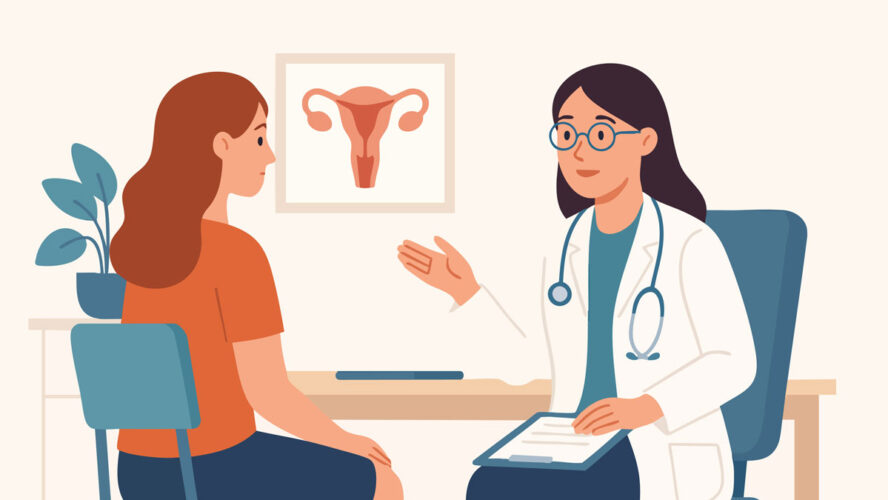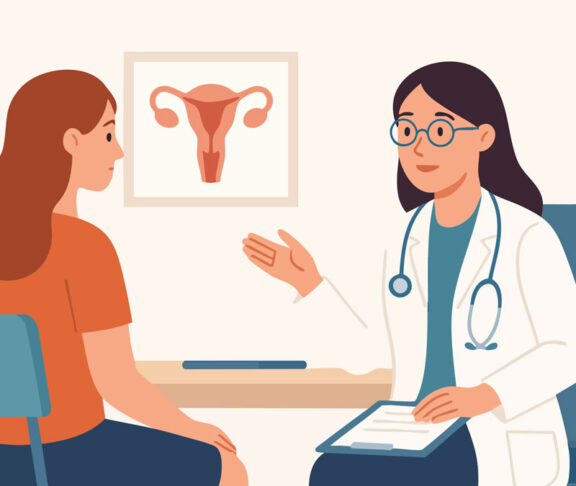
Laura-Rose Thorogood
CEO at Make Birth Better, Founder of LGBT Mummies, Trustee at Fertility Action, and member of the Royal College of Obstetricians and Gynaecologists’ Women’s Network
Explore our fertility journey as a LGBTQIA+ couple, highlighting barriers, resilience and the need for inclusive access to fertility treatment for all.
My wife and I decided to have children after we updated our civil partnership to marriage when it came into law. However, we didn’t have access to NHS fertility funding, so we self-funded privately. After 13 cycles over 13 years of intrauterine insemination (IUI) and in vitro fertilisation (IVF) and a miscarriage, we had our four miracle babies.
Find a supportive fertility care team
We were incredibly lucky to find a safe, compassionate and inclusive clinic, with healthcare professionals who listened to our needs, understood us and acknowledged they would educate themselves further about LGBTQIA+ fertility care. They supported us through the hardest of times — our failed cycles, when we lost our baby — and they celebrated with us when we got our positive pregnancies. They became family over the years and stood by us as allies.
Navigating the negatives
We faced a multitude of barriers, from lack of NHS fertility funding and financial strain to discrimination and the erasure of our experiences as non-biological mothers. Alongside this, we navigated failed cycles, secondary infertility, birth trauma, PCOS and baby loss, which had a huge psychological impact on us both.
They became family over the
years and stood by us as allies.
Consider potential risks and benefits for your family
For members of the LGBTQIA+ community who are considering or beginning fertility treatment, it’s crucial to explore every potential pathway to parenthood. Consider the legal, physical and psychological benefits, as well as risks, so you can make a fully informed decision about which path to take. Finding inclusive, safe spaces is also vital to help protect your wellbeing throughout the fertility journey.
Equitable access to NHS fertility treatment
Too often, LGBTQIA+ people and couples face significant additional obstacles to accessing fertility treatment, including financial and cultural barriers. Equitable access to NHS-funded, high-quality fertility treatment is vital.


